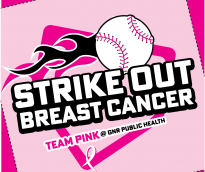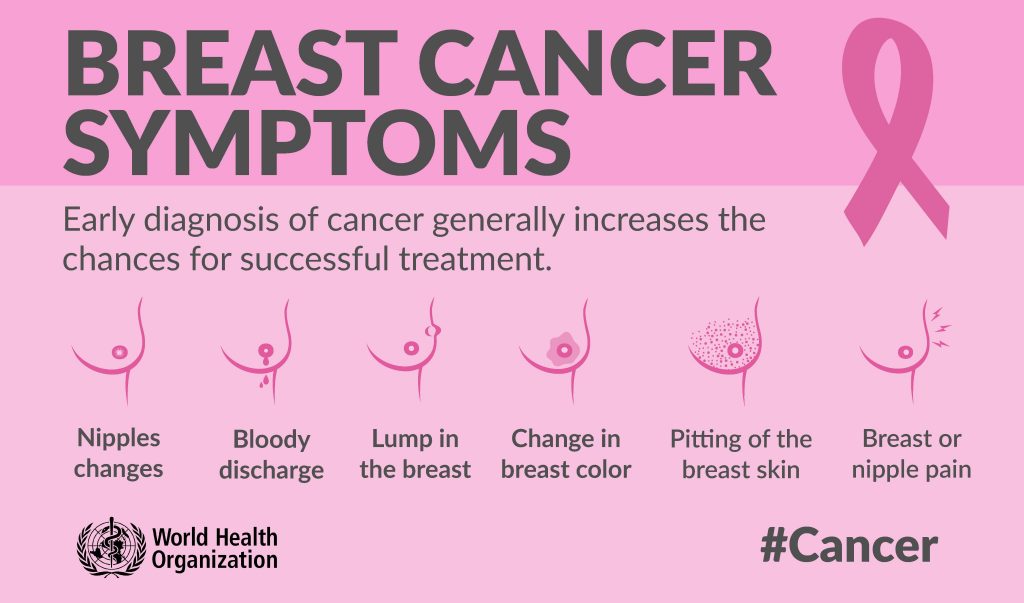
Contact our PIO directly to share health news.

770.339.4260
Strike Out Breast Cancer!

October is Breast Cancer Awareness Month, the perfect time to remind the community of how important breast cancer screenings, self evaluation, and mammograms truly are.
What is breast cancer?
Breast cancer is the abnormal growth of cells in the breast, that when not detected or left untreated, can spread to other parts of the body.
How common is breast cancer?
While breast cancer rarely affects men, it is the second most common type of cancer among women. In the United States, 1 in 8 women will develop breast cancer in their lifetime. According to the CDC, each year, about 240,000 cases of breast cancer are diagnosed in women and about 2,100 in men.
Why is screening so important?
When breast cancer is detected earlier, treatment can be more successful. In a year’s time, breast cancer takes the lives of about 42,000 women and 500 men. According to data found by SEER (The Surveillance, Epidemiology, and End Results database), when breast cancer is found earlier on, the 5-year relative survival rate is 91%. There are currently over 3.8 million breast cancer survivors in the United States.
When to get screened?
Women of all ages should be screened for breast cancer if they notice changes in their breasts. About 9% of all new cases of breast cancer in the United States are found in women younger than 45 years of age.
Women 40 years and older should discuss with their healthcare professional when and how often they should schedule routine screenings.
Common signs and symptoms of breast cancer include:
- Changes in your nipples
- Bloody discharge
- Lump(s) in the breast
- Changes in breast color
- Pitting of the breast skin
- Pain in the breasts or nipples
How do I get screened?
If you have concerns about your breasts or are at an age regular breast cancer screening is recommended, talk to your healthcare provider about your breast health concerns. If you do not have a doctor, Call 770.904.3717 to learn how GNR Public Health can help you get the care you need or to schedule an appointment to discuss your concerns. In Georgia, uninsured or underinsured women can get screenings, diagnostic tests and referrals for treatment through the Health Department’s Breast and Cervical Cancer Program, or BCCP.
Contact our PIO directly to share health news.



